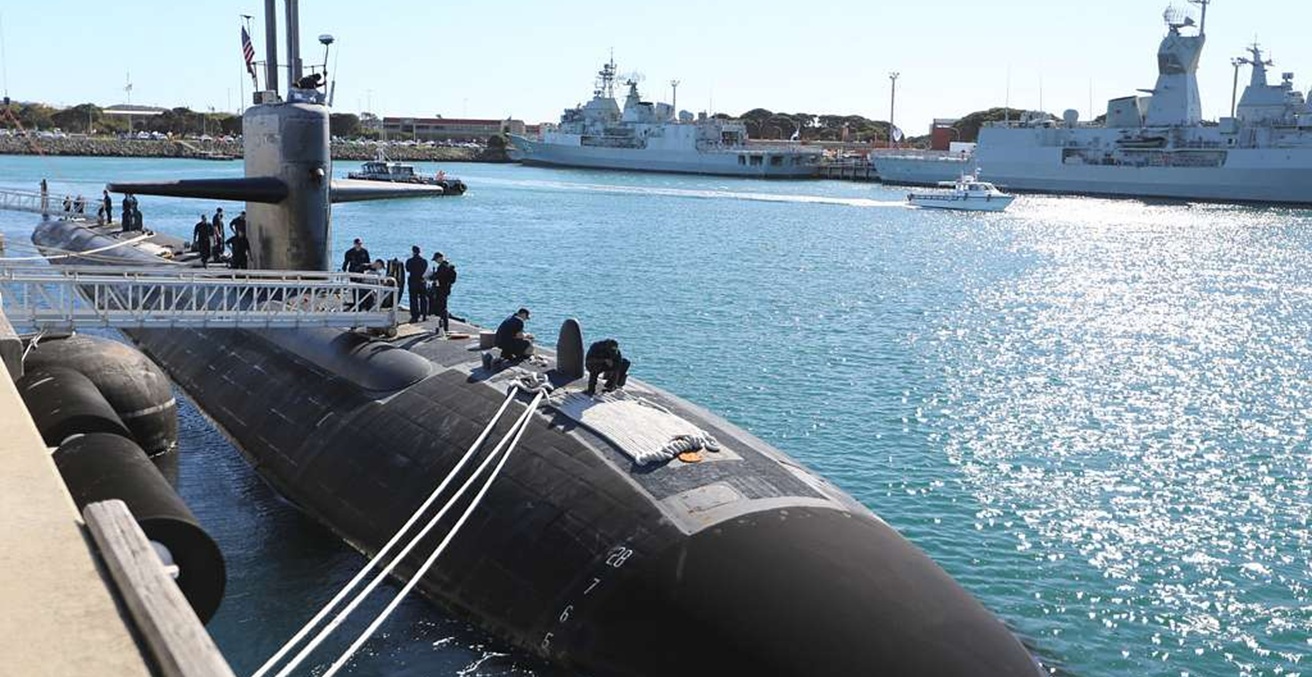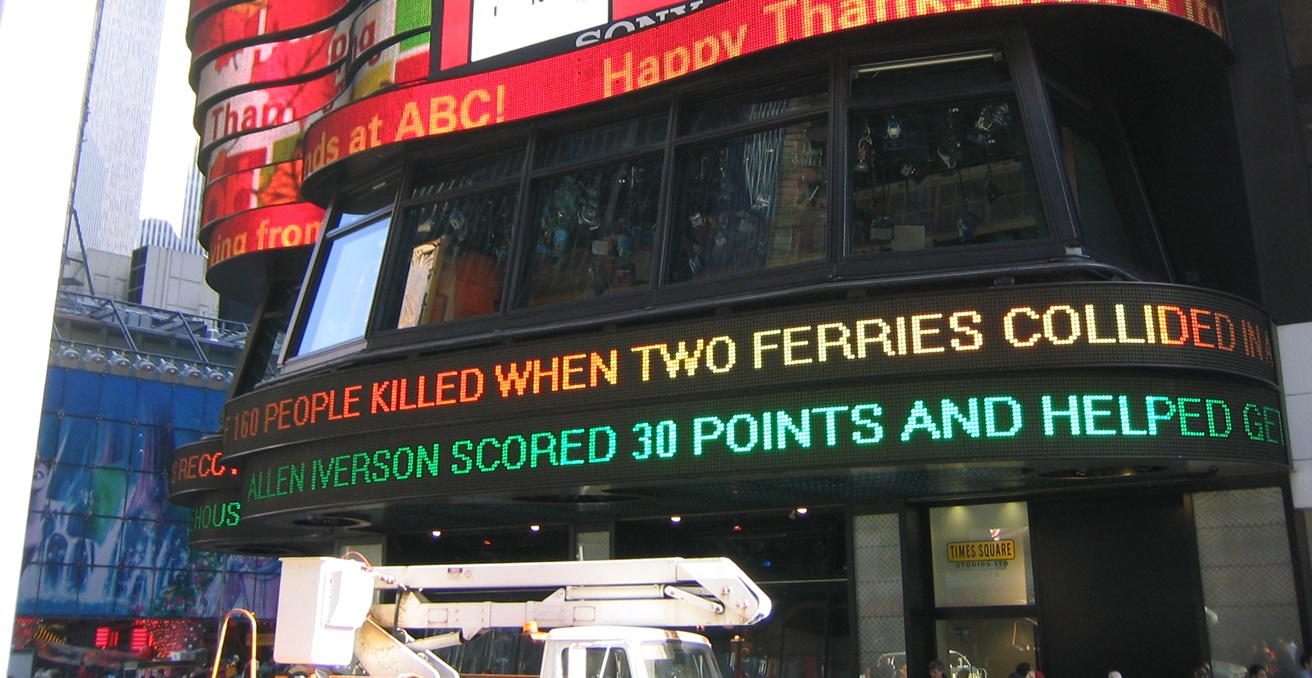Political impasse, unbridled corruption, and unprecedented levels of gang violence now plague the state of Haiti. This is the worst political, security, and humanitarian crisis to hit the country in decades.
As confrontations between armed gangs and state police, or between rival gangs themselves, escalate, Haiti is witnessing a rise in violence and humanitarian abuses. According to the United Nations, Haiti has seen more than 530 deaths due to gang violence this year, with 187 fatalities occurring in the first two weeks of March alone. While hundreds of gangs exist throughout Haiti, it is in the capital of Port-au-Prince where the worst violence has surfaced. The UN estimates that criminal gangs control 60 percent of the city, however, many Haitians believe criminal gangs control the entire city and the majority of the country. The crisis is said to have left over 160,000 people internally displaced, living in makeshift settlements with limited access to basic services such as water and sanitation. Meanwhile, 4.3 million people are affected by acute hunger.
Political Instability
Since the assassination of President Jovenl Moïse in July 2021, Haiti has experienced a profound political crisis. With international backing, Ariel Henry has acted as interim prime minister while many Haitians view his premiership as illegitimate. The unelected leader has become increasingly unpopular on the island, postponing general elections several times and requesting international military assistance. This latter decision sparked mass protests in the capital, and the continual deferral of legislative elections has come at a serious cost to the 11 million residents on the island.
Today, Haiti has no democratically elected government officials. On 10 January, the terms of the last 10 remaining senators in Haiti’s parliament expired, destroying any semblance of democratic rule in the country. The last time the country was without elected officials came under the bloody dictatorship of Jean-Claude “Baby Doc” Duvalier, who fled the country following a popular uprising in 1986.
Henry has stated that he will remain in office until a presidential election can be held, signing the September 11 Accord with the the Haitian Tèt Kale (PHTK) party and their allies, which has since allowed him to rule by decree. In response, the Montana Accord Coalition, a broad-based coalition of Haitian NGOs, civil society members, and politicians, outlined ideas for the formation of a transitional government in order to steer the country towards general elections. They have also remained firmly against foreign military intervention. The group has received widespread support from within Haiti and the Haitian diaspora.
In December, Henry outlined his vision for political transition through the creation of the High Transitional Council (HTC), which is expected to develop an electoral timetable, staff a provisional electoral council, and reform the constitution. The leaders of The Montana Accord have dismissed this as an attempt to maintain control.
Gang Violence
Criminal gangs have aggressively exploited the power vacuum generated by the disputes over political succession to increase their power and influence. The two largest gangs, G9 and GPèp, have taken a stronghold in the capital, making base in the urban slums where national police struggle to reach them. The criminal gangs mount offensive campaigns by taking control of critical commercial hubs and territory, including markets, ports, main roads, and towns. Last September, the G9 gang took control of the Varreux fuel terminal and blocked fuel distribution for several months in protest of the prime minister’s plan to cut fuel subsidies. The blockade created a severe humanitarian crisis for residents with 4.7 million people facing acute hunger and over 19,000 facing starvation. The fuel blockade also prevented the UN Integrated Office in Haiti (BINUH) and emergency services from providing medical assistance to those affected by a cholera outbreak.
In Port-au-Prince, criminal gangs have weaponised sexual violence to intimidate, subjugate, and control local citizens. According to a UN report, armed gangs use sexual violence to “inflict severe pain and to punish those considered to be supportive of the rival group or who simply live in the area under the control of the latter.” According to the Spotlight Initiative, at least 30 percent of Haitian women between the ages of 15 and 30 years old have been the victim of sexual violence. While the exact figure is unknown, sexual violence cases often go unreported due to stigma and shame, as well as fear of reprisal from perpetrators. Meanwhile, the Haitian health system is ill-prepared and poorly equipped to treat the medical and psychological needs of victims. The result is that many now live in a climate of fear, brutality, and intimidation while the crushing of rights in the country continues around them.
The Role of the Elite
Today, criminal gangs are able to maintain control and influence via networks that include high-level politicians and commercial elites. An entrenched system of political patronage has blossomed in Haiti and has become a vessel through which criminal gangs have consolidated power for those willing to exchange benefits. As such, armed gangs will often leverage their use of violence to suppress political opposition, influence elections, and secure economic outcomes, and in return will receive financial support, ammunition, and impunity for their crimes.
However, as political chaos persists, criminal gangs seem to have decided that serving as middlemen for politicians is no longer worth their time. Jimmy Chérizier, the leader of the G9 coalition, has grown an interest in political power, declaring the G9 a revolutionary force that will dispose of Haiti’s political establishment. Worryingly, other criminal gangs now seem to share similar ambitions.
Riley Green is the assistant editor of the Australian Outlook. He is currently completing a double masters degree in International Relations and Journalism.
This article is published under a Creative Commons License and may be republished with attribution.




